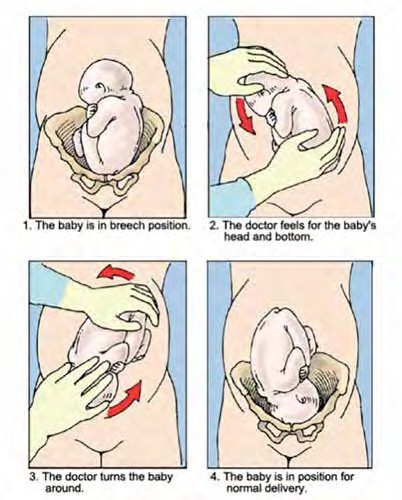A woman in labor has just received an epidural black. The most important nursing intervention is to:
Monitor the maternal pulse for possible bradycardia
Monitor the maternal blood pressure for possible hypotension.
Monitor the fetus for possible tachycardia.
Limit parenteral fluids
The Correct Answer is B
Epidural blocks are commonly used during labor to provide pain relief. However, they can also cause a sudden drop in blood pressure, known as epidural-induced hypotension, which can affect fetal oxygenation and fetal heart rate. Therefore, it is important to monitor maternal blood pressure frequently after an epidural block is administered.
While monitoring the maternal pulse is also important, hypotension is the most common complication of epidural anesthesia and can lead to decreased blood flow to the fetus. Therefore, monitoring maternal blood pressure is the priority.
Monitoring the fetus is also important, but it is not the most important intervention after an epidural block. Limiting parenteral fluids may be necessary in some cases to help prevent or treat hypotension, but it is not always necessary and should be done based on the individual situation.
Nursing Test Bank
Naxlex Comprehensive Predictor Exams
Related Questions
Correct Answer is C
Explanation
Betamethasone is a corticosteroid that enhances fetal lung maturity, which can help reduce the risk of respiratory distress syndrome and other complications in preterm infants. It does not reduce maternal and fetal tachycardia associated with terbutaline administration, suppress uterine contractions, or maintain maternal respiratory effort and ventilation during magnesium sulfate therapy.
Correct Answer is B
Explanation
The patient should not be ambulating before the procedure as this may cause fetal descent and prevent the success of the version. The other interventions listed are appropriate and important for the safety and well-being of the patient and the fetus during the procedure.

Whether you are a student looking to ace your exams or a practicing nurse seeking to enhance your expertise , our nursing education contents will empower you with the confidence and competence to make a difference in the lives of patients and become a respected leader in the healthcare field.
Visit Naxlex, invest in your future and unlock endless possibilities with our unparalleled nursing education contents today
Report Wrong Answer on the Current Question
Do you disagree with the answer? If yes, what is your expected answer? Explain.
Kindly be descriptive with the issue you are facing.
